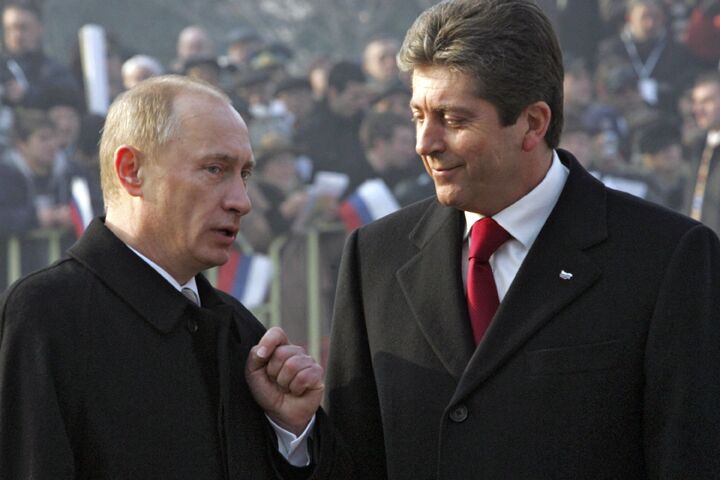
Putin Seeking Further Leverage Over Europe
Russian President Vladimir Putin visited Sofia, the capital city of Bulgaria, last week, where he secured an agreement to construct a Russian pipeline through the Eastern European state. “The new project not only competes with the European pipeline Nabucco, but also entrenches Europe’s dependence on Russian gas,”reported Spiegel Online (emphasis ours throughout).
“Projects like South Stream [the name of the new pipeline] are in the long-term national interests of Russia and those of our European partners,”wrote Putin recently, in what was undoubtedly a reminder to Europe that Russia will remain a key energy provider.
Putin’s announcement was a spanner in the works for Europe’s $5 billion Nabucco pipeline, which is currently under construction, and upon completion will alleviate Europe’s dependence on Russian gas by connecting European states directly to gas resources in the Caspian and Central Asian regions.
Bulgaria’s approval of the South Stream pipeline passing through its territory was a significant success for the Russians. The next step will be to gain approval for the 900-kilometer pipeline, which originates in Russia, travels under the Black Sea, and can now pass through Bulgaria, to continue on into Italy, Austria and Hungary.
Alexander Rahr, an expert at the German Council on Foreign Relations, believes Russia will be successful: “I think Russia will succeed in securely anchoring South Stream in the European Union,” he said. “We’re dealing with a type of energy foreign policy here, and the West has been dozing. But the Russians have a plan and they have the gas and plenty of money.”
When it’s completed, South Stream will be the sibling of Nord Stream, the Russian pipeline currently under construction that will connect Russia directly to Germany. As Europe’s gas consumption grows, and as gas prices increase, the South Stream and Nord Stream pipelines will become lucrative sources of income for the Russian government.
More importantly, however, will be the massive strategic advantages that Russia will gain from Europe’s dependence on the copious volumes of gas that will flow through South Stream and Nord Stream. Geopolitically, these pipelines, when finished and operating at full capacity, will arm Moscow with significant leverage over Europe.
We can be sure that the Europeans, particularly the Germans, are acutely aware of their position in relation to Russia when it comes to energy. This is what Nabucco, the European-sponsored pipeline into the Caspian and Central Asia, is all about: reducing Europe’s reliance on Russian energy.
That President Putin wants to construct a pipeline that will directly compete with Nabucco, and serve to equip Russia with even more leverage in its political relationship with Europe, is indicative of where the European-Russian relationship is ultimately headed.
More important than Russia’s attempts to gain leverage over Europe through these pipelines will be how the Europeans react to Russian ambition. Read about Europe’s response in “Russia: Triggering Europe to Unite.”




